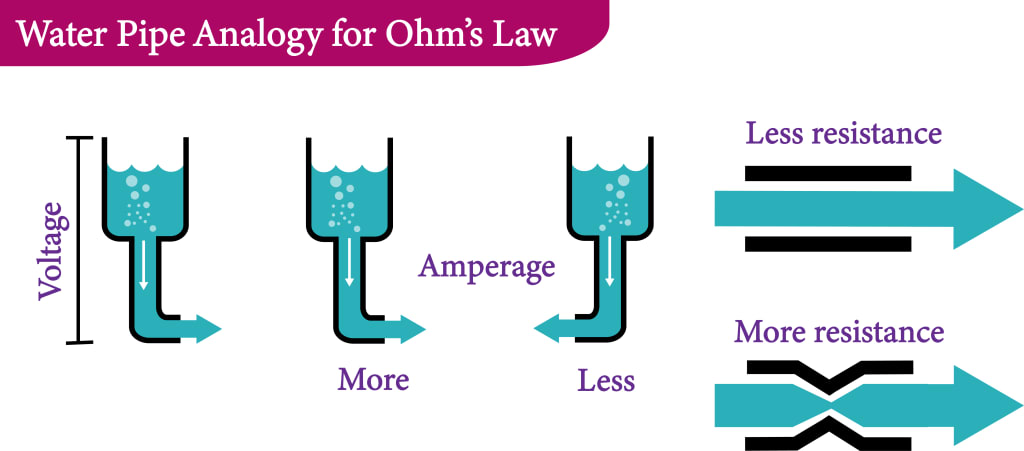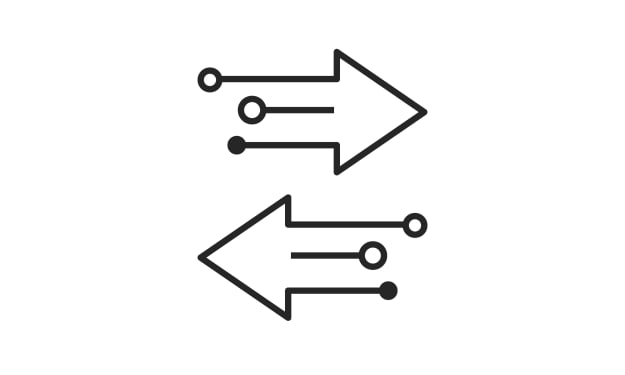Analogy Does Not Recapitulate Reality
The Ability to Say a Thing is Like Another Thing Does Not Mean That it Actually is

The Possibility of Analogy Does Not Necessarily Correlate with the Probability of Reality
I take a hard line against the currently (and formerly) in vogue position of equating human beings, particularly their brains, with computers. To me it is obvious that no such equivalence exists despite decades of suggestions otherwise. The number of analogies between various structures/functions of the human brain and those of a computer/computer system are as large as the number of neurons estimated to comprise said brain. The prevalence of these analogies often makes us forget that they are only that, analogies. They are not based in scientific fact, but instead are based in the imaginative capacities of the organ which is the topic of these comparisons. The possibility of analogy is however often confused with the probability of reality. Those things for which we can analogize more are thought to be more accurate representations of the real relationships of the things being compared. Therefore, because there are so many analogies possible between how (we hypothesize) a human brain works and how a computer works, it must be true that a human brain is very similar to, or exactly like, a computer. The point of analogies is (or should be) to help clarify/deepen our understanding of a thing through a comparison of that thing and/or it’s attributes with another (usually similar but not always) thing. We suggest that the first thing is like the other because of x, y, and z and the comparison allows us to see the thing we are trying to clarify our understanding of in a different way. To ‘see’ it anew. In no way however is the analogy an argument (it is not an argument and should not be viewed as such) as to the actual similarity (in point of fact/reality) of the two things. It is for illustrative purposes only and carries no truth value or “reality bestowing” power. Analogies are powerful, but they are not all powerful. They can clarify but they can also mislead. We must not confuse our ability to create analogies with our ability to clearly see, study, and understand reality.
About the Creator
Everyday Junglist
Practicing mage of the natural sciences (Ph.D. micro/mol bio), Thought middle manager, Everyday Junglist, Boulderer, Cat lover, No tie shoelace user, Humorist, Argan oil aficionado. Occasional LinkedIn & Facebook user
Enjoyed the story? Support the Creator.
Subscribe for free to receive all their stories in your feed. You could also pledge your support or give them a one-off tip, letting them know you appreciate their work.






Comments (1)
Oh yeah! Nicely ✅ done.